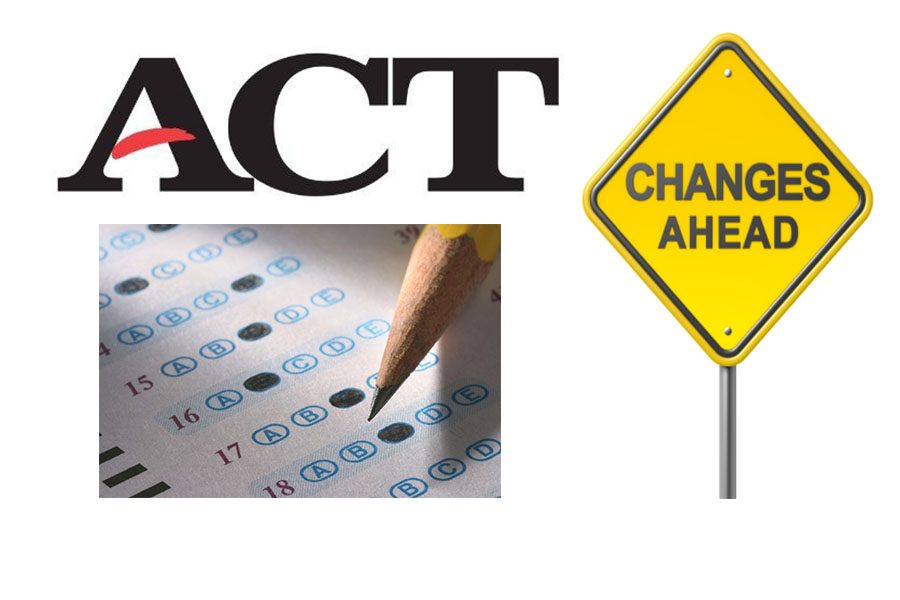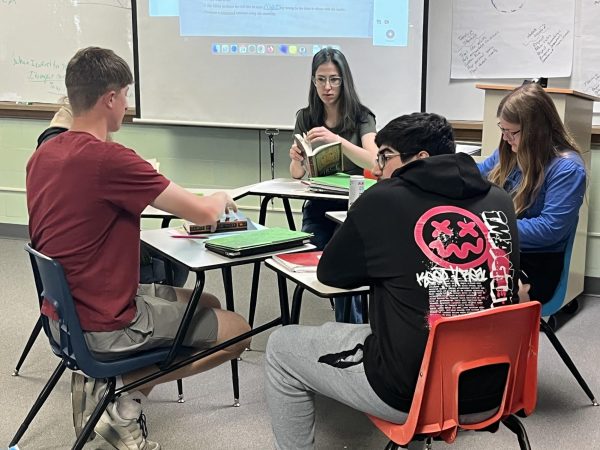ACT changes coming 2020
The ACT has been an important and demanding test for all high school students for many years. It’s one of the most important tests that students will take, and one that not a lot of students enjoy taking unfortunately. In 2017 it became the Nebraska state test which determines funding and ranking for all Nebraska high schools.
The ACT consists of four tests: math, science, reading, and English. The test is timed and allows for a 30 minute break after the first two tests. English is 45 minutes for 75 questions, math is 60 minutes for 60 questions, reading is 35 minutes for 40 questions and science is also 35 minutes for 40 questions. When students want to improve their composite score, they’d have to retake the test as a whole. However, starting in the Fall of 2020 students will now be able to take individual sections of the test in order to improve their overall score.
A considerable amount of people now think that the test will become much easier, or more of a stress reliever. Now, colleges won’t focus as much on a composite score but instead will have to worry about “Superscores” which is the process of taking the best individual scores of each test that has been taken. Now that the ACT has changed to individual test taking, it’ll relieve a certain amount of stress. The way students study for the ACT now will probably change. Policies of college admissions and acceptance systems might also have a huge change due to the change in the test taking.
High school students have stressed for years about this test. This generation is fixated on test scores. Teachers and advisors are constantly hammering students about the standardized test and how it really does affect future opportunities.When asked “what do you think about the changes?,” high school senior responded, “It wouldn’t be fair to us who don’t get that opportunity, but it’s nice and convenient because if you just need to improve a specific section you wouldn’t have to retake the entire test.”
There’s a lot of different opinions on whether or not the changes would help or create more confusion. Now that there are changes, the whole system will have to change. Higher education will also have to adjust.

Hi! My name is Crystal Garza. I’m a senior at AHS, and this will be my third year writing for the SPUD. I’m the oldest daughter of Richard and Oneyda...










